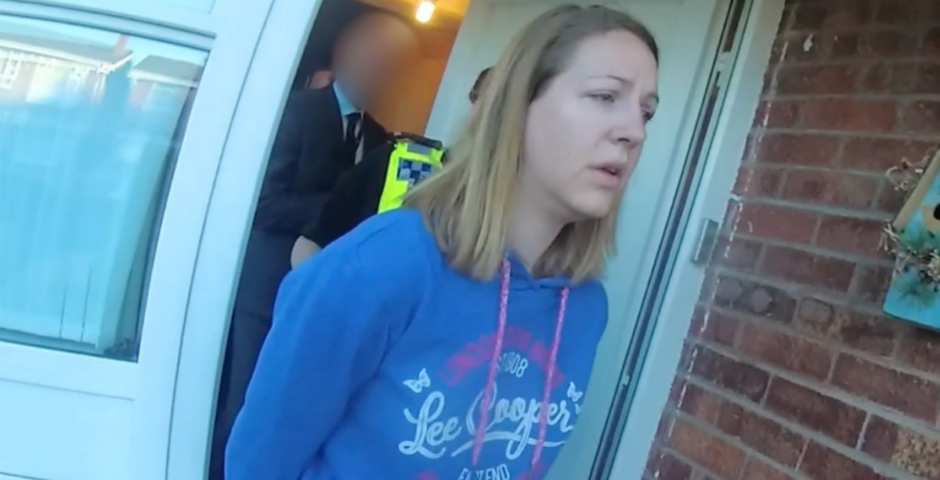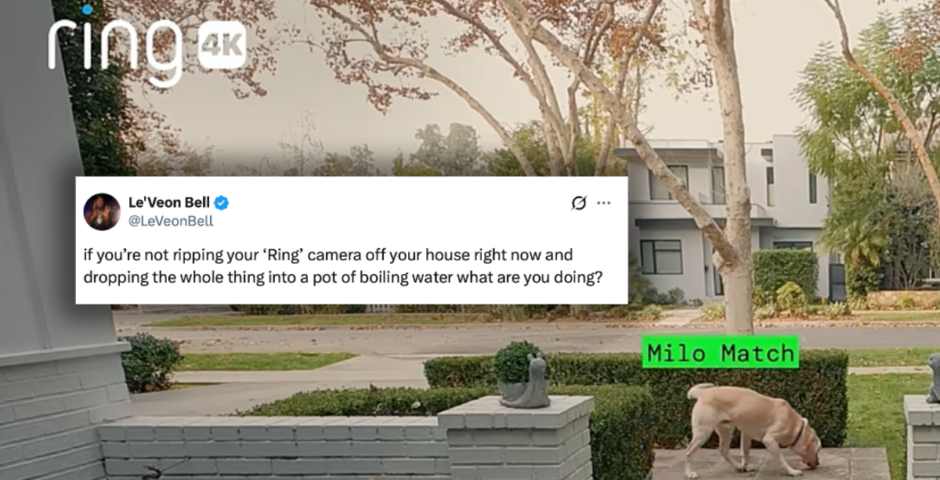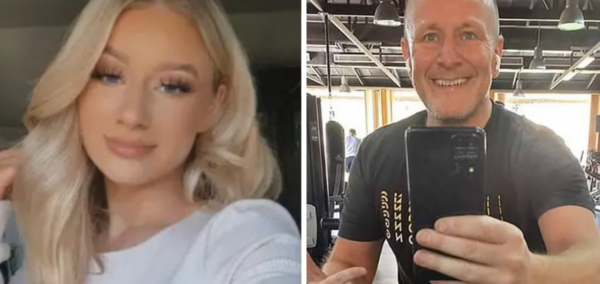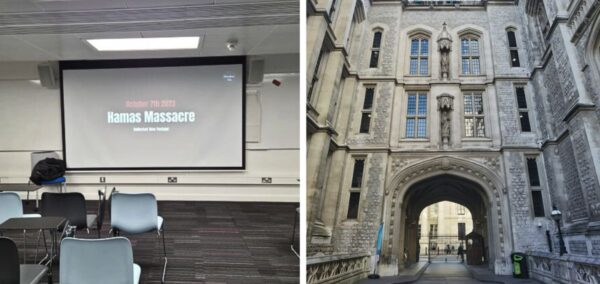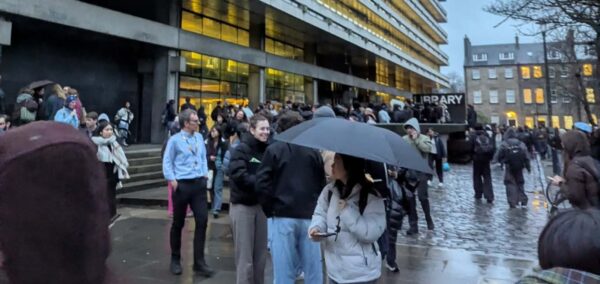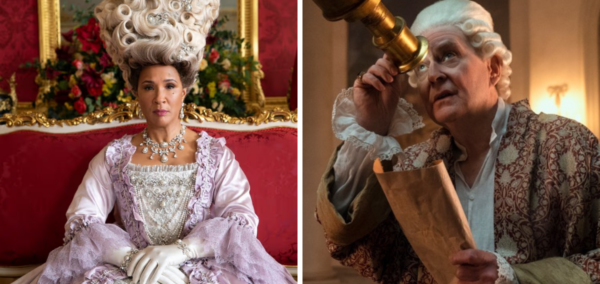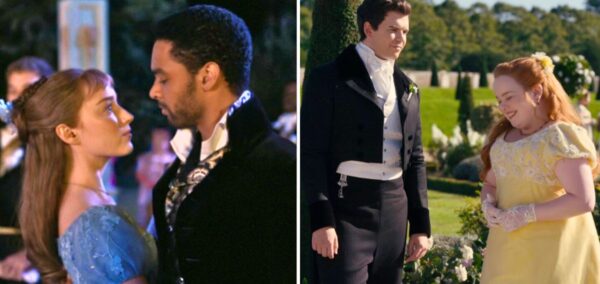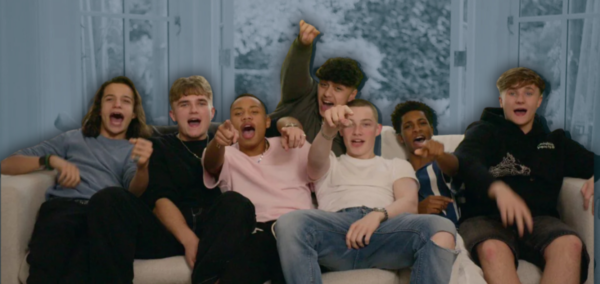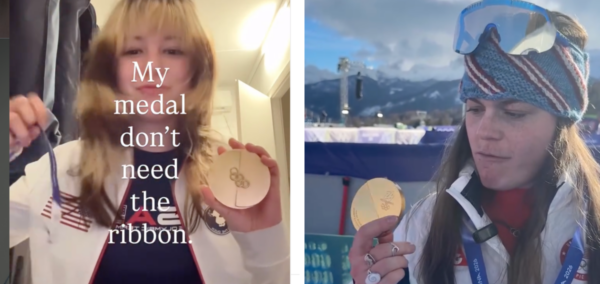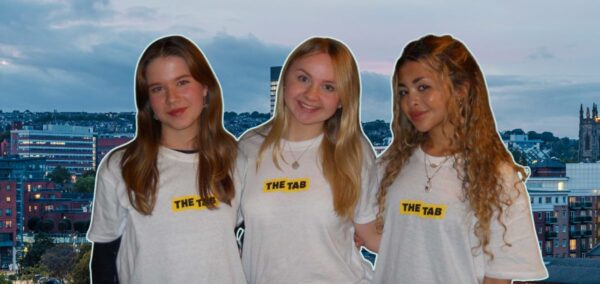
Here’s why young queer people need older LGBTQ+ friends, and how to find them
‘It’s not easy making these connections beyond different generations – but it is important’
As someone who is Gen Z, a lot of the time people express hope about the social values of my generation, especially when it comes to LGBTQ+ rights. I am part of the generation most likely to be out, the generation most likely to be accepting of trans identities, so naturally people think we are the generation to fix all inequalities, right?
But this type of thinking isn’t as straightforward as some people think and it creates a risk of forgetting about older generations. Loads of young people think it makes sense to rebel against older generations. That’s because we are thinking about family members, out of touch bosses or teachers – people who have authority over us. These feelings can be particularly amplified for LGBTQ+ young people – especially those of us who grew up in a homophobic household. But it’s often down to wanting to distance ourselves from the homophobia, rather than the age group.
Many LGBTQ+ young people haven’t grown up in an environment where we have older LGBTQ+ people to look up to. We can learn about parts of our history through popular media in TV shows such as It’s A Sin or films, but these stories feel distant. They’re placed firmly in a different world. We choose not to engage with the people who lived through these times and are still here – why is that?

It’s A Sin, via Channel 4
Most Read
Some stories are heartbreaking. My teacher friends spent years being afraid to talk about their partners, because under Section 28, they could be legally fired simply for being openly LGBTQ+ at school. Sometimes they weren’t even sure if they were allowed to stop homophobic bullying from happening, because that could have been seen as promoting homosexuality.
Other stories show that joy and resistance are not just a product of contemporary times. I have friends who took part in kiss-ins to protest the criminalisation of homosexuality, friends who found love and comradeship in communities forged together by the AIDS crisis. Friends who were met with acceptance from their partners even decades ago. LGBTQ+ communities have always been complex and multifaceted.
It’s not easy making these connections beyond different generations – but it is important. It requires a whole different approach – I have found older LGBTQ+ friends by joining a choir, participating in community book and film clubs, or doing creative courses. All of these things give much more room for interaction, and also encourage cross-generational conversation.
In recent years, we have seen why it is so important to remember the history of LGBTQ+ communities. When we think about how recently homosexuality was decriminalised in the UK, it becomes easier to see why some people find it difficult to proudly come out or be allies. Growing up amid attempts to criminalise your feelings out of existence can leave a powerful trail of shame. Similarly, when we think of the arguments made in favour of instituting Section 28, we can see parallels to how trans people are treated in debates about public space and education today.
Lastly, it is important to remember that youth is only temporary – we will one day become the older person that we are now rolling our eyes at. And if you don’t have any friends or role models to prepare you for what that may look like or feel like, it’s going to be an uncomfortable journey.
Pippa is an ambassador for leading UK LGBTQ+ young people’s charity, Just Like Us. You can read more about the charity and their work here.
Related stories recommended by this writer:
• The way we treat trans people will be history one day, future generations should be ashamed
• All the LGBTQ+ influencers you should be following to make your feed even better
• The Last of Us showed a gay love story to the mainstream audience who need to see it most

